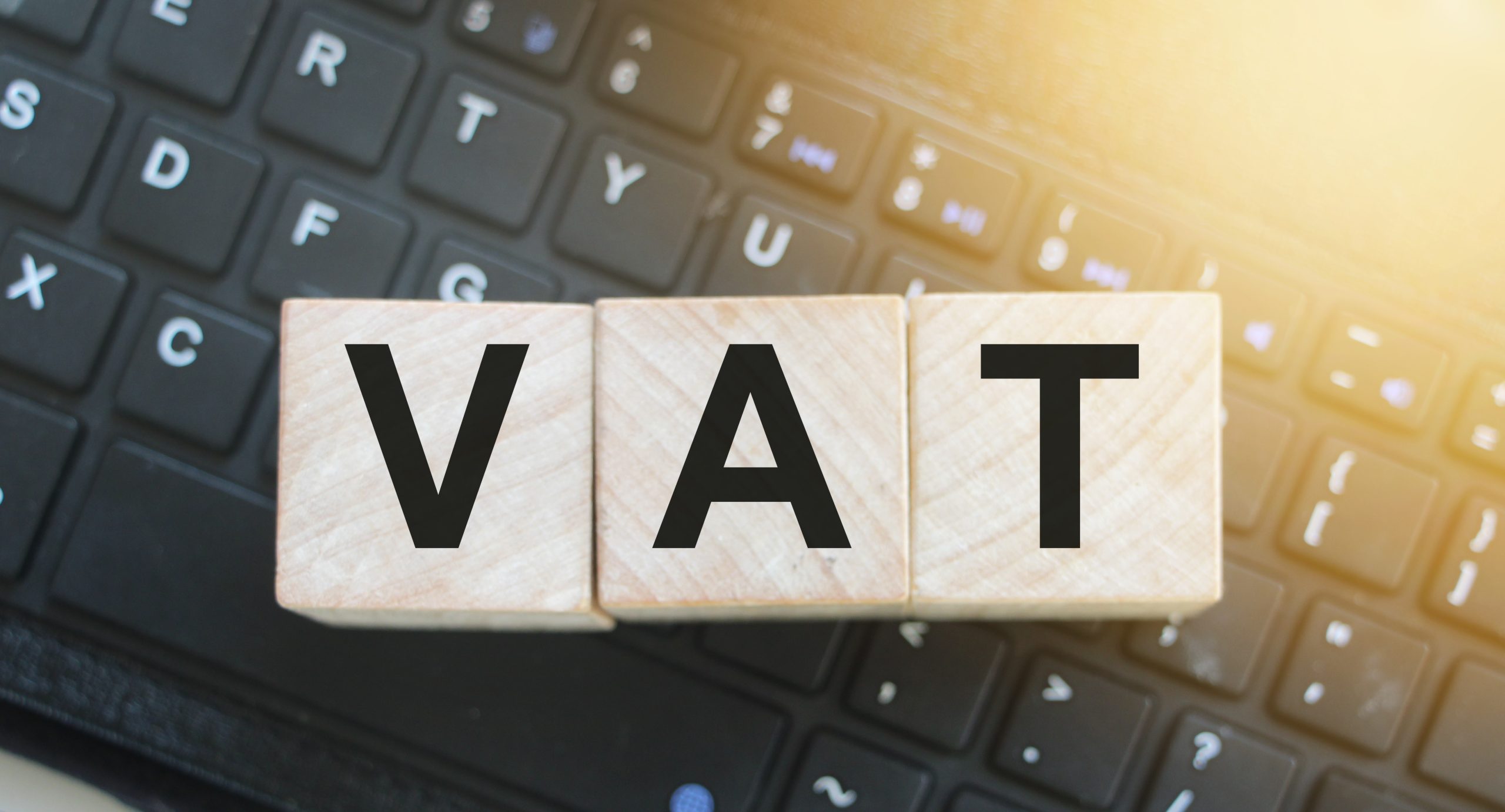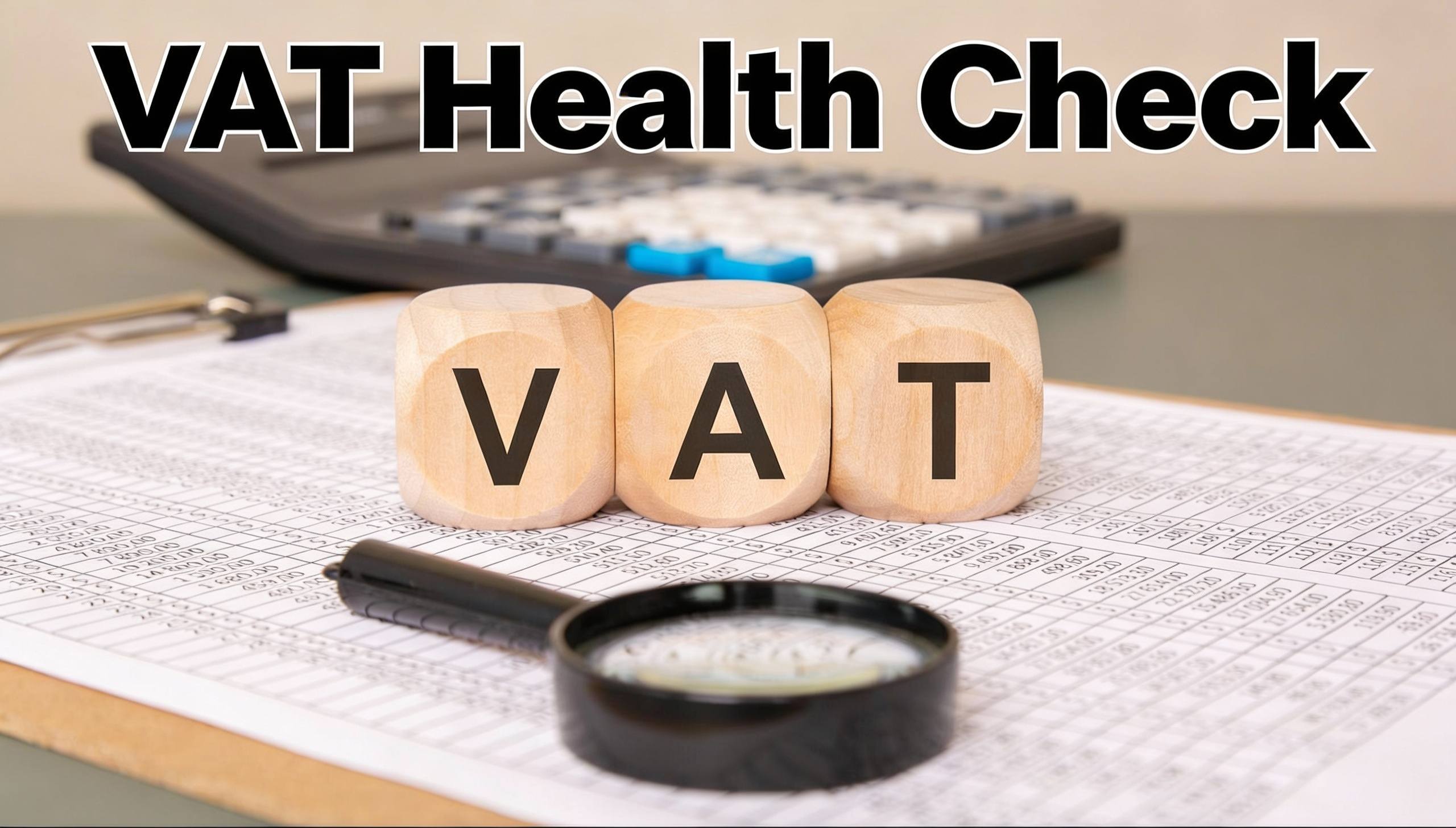The year 2024 is significant for businesses in the UAE, with several important updates to the VAT laws. Companies must be aware of these changes, as they affect VAT compliance in Dubai and other emirates. These updates aim to simplify the tax process, making it easier for businesses to adapt to the revised regulations. Here’s an overview of the most critical UAE VAT changes and their implications for businesses.
What is the State of UAE VAT Changes in 2024?
In 2024, the UAE introduced several amendments to its VAT Law. The most notable change is the expansion of VAT exemptions in the UAE, which now cover a broader range of goods and services. This update brings relief to many businesses in specific sectors.
- Additional VAT Exemptions in the UAE: The following services now included in the list of Financial Services with VAT exemptions in the UAE:
- The management of investment funds
- Transferring ownership of Virtual Assets, including cryptocurrencies
- Converting Virtual Assets
- Flexibility in Voluntary Registration under VAT in the UAE: The VAT law amendments in the UAE has not made it more flexible for persons applying for VAT Registration in the UAE on a Voluntary basis as a business may only register voluntarily if it satisfies to the FTA that it is carrying a business in the UAE or intends on making taxable supplies
- Increased Input VAT Claim: The amended Dubai VAT regulations now permit recovery of input tax incurred for health insurance, including enhanced health insurance, provided to employees and their dependents (up to one spouse and three children) by the employer.
- Export of Goods: The VAT law amendments in the UAE now permit multiple alternative documents to evidence export of goods as business now can maintain either of the below set of documents:
- a customs declaration, and Commercial Evidence that proves the export
- a Shipping Certificate and Official Evidence that prove the export
- a customs declaration that proves the suspension arrangement of customs duties, in case the goods are put into customs suspension.
Previously the UAE FTA was only accepted ‘Exit Certificate’ as evidence and now this acceptance of alternative documents will ensure accurate VAT compliance in Dubai.
- Narrow scope for Export of Services: The VAT law amendments in the UAE has now made conditions of export of services more stringent. As per the new UAE VAT amendments, services falling under special place of supply rules such as real estate related services, electronic services and telecommunication services, catering, artistic etc. taking place in UAE cannot be zero rated. The new VAT Law amendments in Dubai narrows the scope of Zero rated export whereby the services having a place of supply in the UAE (due to use and enjoyment, location of the real estate, etc.) would become standard rated.
How Do the Amendments to VAT Law in UAE Affect Businesses?
The UAE VAT updates have a significant impact on businesses, especially in sectors such as financial services, cross border business etc. Understanding these changes is essential for businesses to ensure compliance and avoid penalties.
- Compliance Becomes Even More Important: With the latest UAE VAT changes, businesses must update their accounting practices and systems to comply with the new Dubai VAT executive regulations. Failure to do so could result in costly penalties.
- Increased VAT Audits: The Federal Tax Authority (FTA) is placing greater emphasis on audits to ensure businesses adhere to the new VAT Dubai 2024 regulations. Companies that do not comply with the updated rules risk facing fines and penalties.
- Impact on International Businesses: For companies involved in cross-border trade, the VAT Dubai 2024 updates are crucial. The changes affect how VAT is applied to exports, making it essential for businesses to familiarize themselves with the revised rules to maintain proper tax control.
What Must Businesses Do to Remain VAT Compliant in Dubai?
To avoid fines and maintain good standing with tax authorities, businesses must stay updated with the latest VAT compliance in Dubai. Here are some essential steps businesses should take:
- Update Accounting Systems: Businesses should update their accounting software to reflect the latest Dubai VAT regulations. This will ensure accurate records of transactions and the correct calculation of VAT.
- Educate the Staff About New Regulations: Employees responsible for accounting and tax-related work should be trained on the UAE VAT changes. Understanding how the new VAT exemptions in the UAE apply to their business will help them avoid errors in VAT filings.
- Seek Professional Help: Navigating VAT compliance in Dubai can be complex. Many businesses hire tax consultants to ensure they comply with the most recent UAE VAT updates and regulations. While this may be costly, expert advice can help businesses apply the rules correctly and avoid unnecessary penalties.
- Review VAT Liabilities Regularly: Once the VAT law amendments in the UAE are implemented, businesses should regularly review their VAT liabilities. This proactive approach will help identify and address potential issues before they become more serious.
Conclusion
The UAE VAT changes for 2024 introduce important updates that businesses need to be aware of. From expanded VAT exemptions in the UAE to clearer guidelines for zero-rate VAT in Dubai, these changes are designed to simplify tax processes. However, it is more important than ever for businesses to stay compliant with the latest Dubai VAT regulations. Companies must update their accounting systems, train staff, and seek professional guidance to ensure they do not face penalties. The 2024 VAT updates present an opportunity for businesses to reassess their operations and align them with the new regulations.





